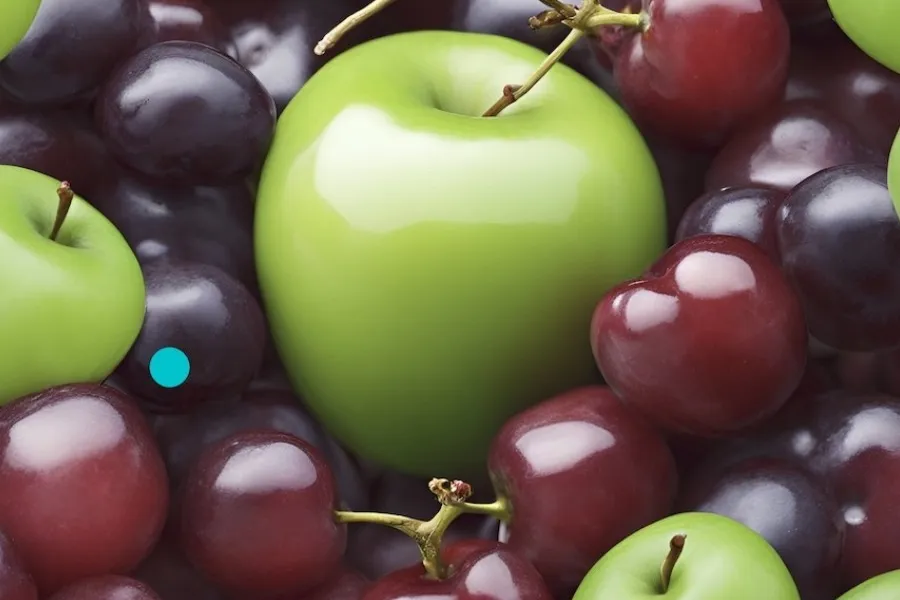rethinking fruit waste

Fruit Waste from Tasmanian grown apples, cherries and grapes have the potential to be transformed into high value products that will increase the States GDP, generate 100 – 500 full time jobs, and significantly reduce the environmental impacts of traditional diversion methods, a report from the Polyphenolic Fruit Waste Valorisations Study has found.
Fermentation Tasmania., supported by the Tasmanian State Government and in collaboration with select industry partners, is proud to announce significant progress in the Polyphenolic Fruit Waste Valorisation Study, an initiative of the 2023 Strategic Industry Partnership Program (SIPP) aimed at transforming agricultural produce by-products into valuable resources, fostering economic development, and enhancing environmental sustainability.
The Stage 2 Report reveals usable amounts of fruit from key Tasmanian crops such as apples, cherries, and grapes and identifies promising avenues for increasing valorisation from Tasmanian grown fruit and fruit by-products. With a focus on innovative techniques, including the creation of polyphenol concentrates and advanced fermentation technologies, the project highlights potential new revenue streams estimated between $AUD 1.2 to 10.2 million annually for Tasmanian growers and up to $AUD275 million annually for Tasmania.
Key Findings:
- Underutilised Fruits and Fruit By-Products: The study identifies fruit and fruit by-products from apples, cherries and grapes of between 5,000 t. and 11,000 t. annually that could be used to generate more value for growers and the Tasmanian economy.
- Increased Revenue Streams: By converting fruit into high-value products, growers can access new markets, transforming previously diverted fruits and fruit by-products into additional revenue.
- Reduced Fruit Management Costs: Effective on-site management of fruits and fruit by-products significantly lowers the financial and environmental costs associated with traditional diversion methods.
- Sustainable Agricultural Practices: The project aligns with Tasmania's commitment to sustainability, potentially attracting eco-conscious consumers and enhancing the overall appeal of Tasmanian produce.
Economic Impact:
- GDP Growth: Full valorisation of fruit and fruit by-products could increase Tasmania's GDP by $AUD 55 to 275 million, illustrating the broad economic benefits of sustainable agricultural practices.
- Job Creation: The better valorisation of fruits and fruit by-products is expected to generate between 100 to 500 full-time equivalent jobs, contributing to Tasmania's vibrant agricultural sector.
Future Directions:
The next stages of the project will focus on refining these solutions through research and development, building cross-sector partnerships, exploring new markets for valorised products and testing existing ecosystems for capacity. This comprehensive approach is designed to maximize the economic, environmental, and social benefits of Tasmania’s rich agricultural resources.
Kim Seagram, Chair of Fermentasmania, expressed enthusiasm about the project's potential: “We are proud to be at the forefront of transforming fruit seconds and by-products into valuable products that not only benefit our economy but also reduce environmental impact. This project is a testament to the innovative spirit of Tasmania’s agricultural sector.”
For more information on this transformative project and future updates, please visit Fermentasmania’s website.
Contact: Dwayne Baraka
Email: dwayne@dwaynebaraka.com
Phone: 0481 88 00 46





